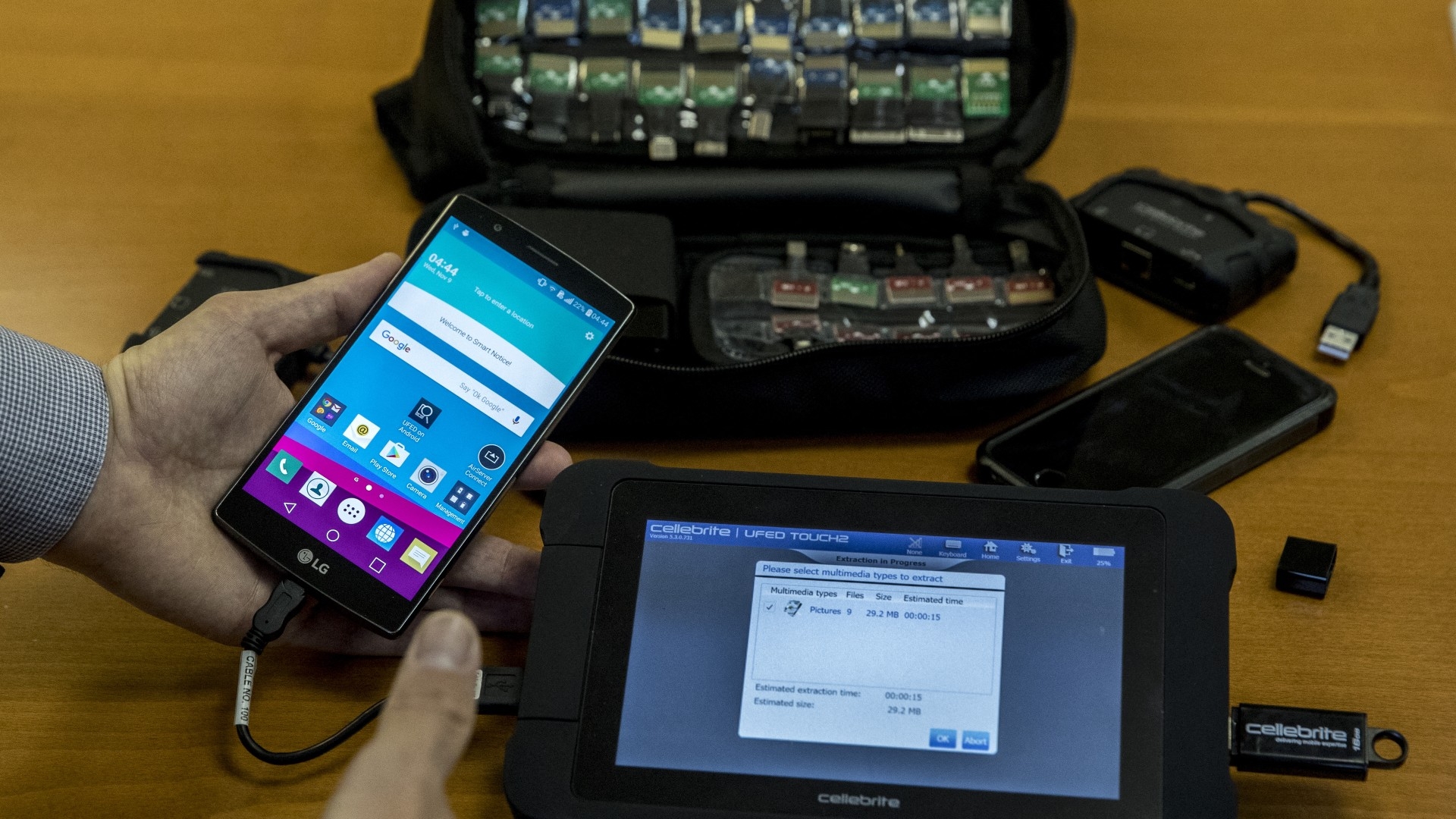Pakistan reportedly buying Israeli phone-hacking spyware

Pakistani authorities have been using Israeli phone-hacking spyware since at least 2012, according to a report in Haaretz.
Pakistan's Federal Investigation Agency (FIA) and several Pakistani police units make use of products made by Israeli cyber technology firm Cellebrite, the Israeli newspaper revealed on Thursday.
Cellebrite's flagship product, UFED, which is sold to law enforcement agencies around the world, hacks into password-protected mobile phones and copies all their stored information, including text messages, contacts, pictures and documents.
The report found that Cellebrite's Singapore-based Asia Pacific subsidiary sold products directly to Pakistani authorities until at least 2019, according to international shipment records.
The report adds that evidence from operating manuals and invitations for tender show that police units and the FIA frequently use Cellebrite's flagship mobile-hacking spyware.
It found that FIA officials had stated on LinkedIn that they were trained and certified in the products, and used them regularly.
In a 2021 catalogue of technologies produced in the country, published by Pakistan's National Radio and Telecommunications Corporation, Cellebrite's UFED is listed.
Digital forensic technology produced by BlackBag - which was acquired by Cellebrite in 2020 - is also listed. This is despite the fact Cellebrite's end user licence agreement forbids sales to Pakistan.
Israeli spyware used worldwide
Cellebrite has sold its products to several countries accused of abuses against human rights activists and minority groups, including Belarus, China, Uganda, Venezuela, Indonesia, Russia, the Philippines, Ethiopia and Bangladesh.
In a statement, Cellebrite said: “The company does not sell to Pakistan, directly or indirectly.
“Cellebrite is committed to its goal of creating a safer world by providing solutions for law enforcement bodies that permit them to solve crimes more quickly.”
Pakistan and Israel have never had official relations and successive Pakistani governments have repeatedly said there would be no recognition of Israel without a resolution to the Palestinian situation.
However, the two countries have maintained discreet unofficial ties for many decades, with a British government report in 2013 suggesting Israel had sold Pakistan military technology, which was publicly denied by both countries.
A delegation of Pakistani-Americans went to Israel in 2022, provoking outrage in Pakistan, with then Prime Minister Imran Khan accusing them of seeking to undermine the country's diplomatic stance on the Israel-Palestine issue.
Last month, Pakistan arrested five nationals for working in Israel, on the suspicion that they had migrated to the country illegally.
Pakistani passports specifically state that citizens may not travel to Israel.
Middle East Eye propose une couverture et une analyse indépendantes et incomparables du Moyen-Orient, de l’Afrique du Nord et d’autres régions du monde. Pour en savoir plus sur la reprise de ce contenu et les frais qui s’appliquent, veuillez remplir ce formulaire [en anglais]. Pour en savoir plus sur MEE, cliquez ici [en anglais].





